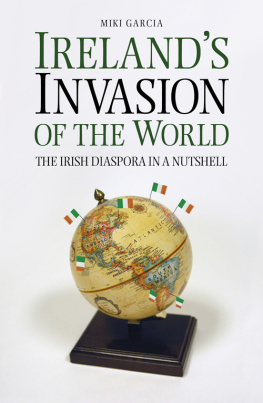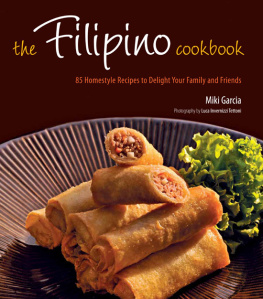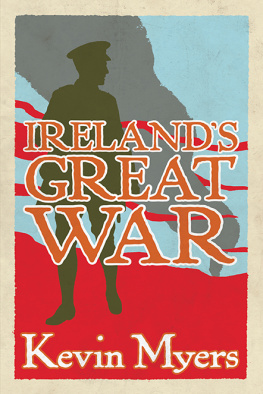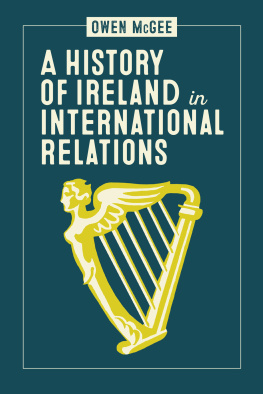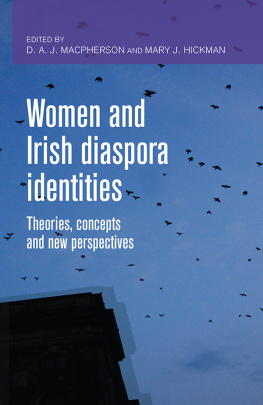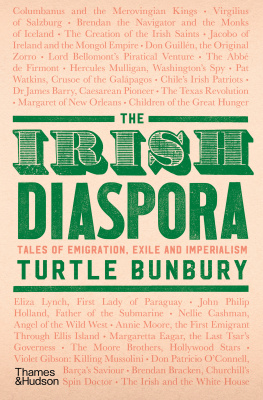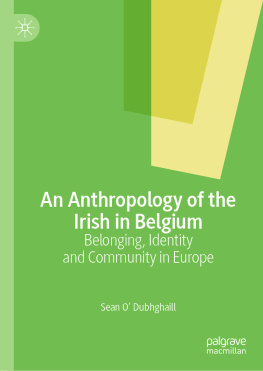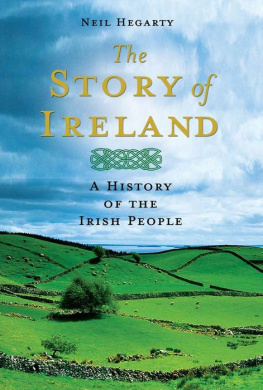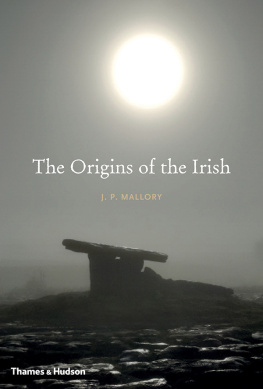
Ireland is complicated. So are its people.
For a start, the island of Ireland is not a united country. There is a border that divides the Republic of Ireland and the six counties of Ulster which still belong to the United Kingdom. In Northern Ireland, some people carry Irish passports and call themselves Irish while others profess their loyalty to the British Crown, call themselves British and carry British passports. And there are some who carry both. In earlier times, a small minority of Anglo-Irish Protestants refused to call themselves Irish. They considered themselves part of a privileged social class and didnt want to be associated with Catholic Irish people.
So who are the Irish exactly? Defining national identity can be a serious issue in todays genetically, politically and socially mixed Ireland. Many Irish national heroes, or those who died or lived for Ireland, were not in fact Irish at all, or at least were not actually born or bred on the island of Ireland. Many of them were immigrants themselves. For instance, James Connolly was from Scotland, amon de Valera was born in New York to a Spanish father, Charles Stewart Parnells mother was American, Maud Gonne was English, Countess Markievicz was born Constance Georgine Gore-Booth in London. Needless to say, they are only the tip of the iceberg. The past struggles of many hitherto unacclaimed people in Ireland and abroad have contributed immensely to creating the present reality in Ireland. In the words of Irish nationalist Thomas Davis, It is not blood that makes you Irish but a willingness to be part of the Irish nation.
Many assume the Irish were a Celtic race. The Celts certainly arrived in Ireland and the Irish are culturally Celtic, but the people who put down roots on the island of Ireland came from all over the place and have more complex origins. During the last ice age, hunter-gatherers from Britain and Europe most notably from the Basque region straddling modern-day Spain and France arrived on these shores. One of the oldest books in Ireland, called the Leabhar Gabhla (the Book of Invasions), talks about an invasion by the Celtic King Milesius and the settlers he brought with him, who were a small, dark people from Spain. With a tendency to follow leaders, these tribes were known to be poetic and warlike. Later, various newcomers from other European countries arrived Vikings, Normans, English, Romans, Scottish, Huguenots, Palatines, Dutch, Belgians, Jews and many more to follow. Gradually, they all blended in with the existing groups, adopting the societys social values, and pagan people gradually became mainly Catholic and Irish in terms of psychology and behaviour.
In its more recent history, Ireland has been defined by emigration and its large diaspora. According to the Oxford English Dictionary , the word diaspora means the dispersion or spread of any people from their original homeland. The Irish diaspora is the largest in the world, exceeding that of the Greeks and the Jews. It is estimated that there are over 100 million people with Irish ancestors worldwide while the population of the whole of Ireland was just over 6 million in 2013. The catastrophic potato famine, known as the Great Hunger or An Gorta Mr , which occurred in 1845, was a turning point in Irish history. Emigration became a leitmotif and by the turn of the twentieth century, about a third of all people born in Ireland were living elsewhere.
But it wasnt only during the famine years that the Irish left the country in large numbers. In fact, they had been emigrating for centuries, and have gained a reputation for being constantly on the move, leading to the occasional quip about the wandering Irish. The Irish diaspora has had an immeasurable impact on the shaping of Ireland and Irish national identity, but it has also hugely influenced the cultures and politics of the countries around the world with a strong Irish presence.
For such a tiny island, located at the westernmost edge of Europe, Ireland has always punched above its weight and its inhabitants can be considered one of the great pioneering races. During medieval times, Irish monks travelled extensively to European countries and helped civilise barbarian Europe. In later years, the Scots-Irish immigrants helped shape the cultural and political ideas in the US and consequently their American Republican ideas were brought back to Ireland. Daniel OConnell shaped the concept of civil rights, which was conveyed by immigrants to others in their adoptive lands all across the globe. Irish missionaries also had a considerable influence in the receiving societies, particularly in the field of education.
The historical connections between Britain and Ireland meant that the Irish scattered to all corners of the world with the spread of the British Empire which, at its height, ruled over more than a quarter of the worlds population. Wherever there was a British presence, the Irish could also be found. Although the majority of them became part of the Irish diaspora as forced or involuntary immigrants, a large number of them were active participants in British expansionism. The fact that they did not have their own empire does not imply that they were not also invaders.
It is not easy, however, to ascertain the number of Irish emigrants abroad. As a coloniser, England was supposed to know what their people were up to. Not only did the English normally meticulous record keepers forget to jot down details of Irish emigrants when they were leaving, but some host countries also got confused about how to categorise Irish immigrants as long-term British subjects could be classified as English, Scottish or British. Irish citizenship didnt exist until the twentieth century, so they often had to declare themselves as English when abroad or the local authorities assumed they were indeed English. For instance, during the California Gold Rush, many foreign consulates had hastily opened when would-be gold miners packed like sardines into the insignificant fishing village of San Francisco. By 1853, at least twenty-seven foreign consulates were actively dealing with their countrys citizens. Among the most numerous immigrants were the Irish, who were typically travelling as British subjects.
Many Irish immigrants arrived in their new countries destitute, but they fought for their adoptive country as soldiers and commanders, served as indentured labourers on plantations, built railroads, roads and canals, looked after privileged people as domestic servants, and dug for silver and gold in the mines. Others rose to become millionaires, influential politicians, and highly skilled professionals. Some Irish immigrants were well accepted in certain localities, particularly Irish Catholic missionaries and nuns. They were often the most efficient immigrants, especially in nascent countries, as they didnt just spread Catholicism, build churches and look after the unfortunate but also established academic institutions, schools and hospitals, and taught both Catholics and non-Catholics alike, wherever they were needed. These pioneering educators and medical professionals played a crucial role in the development of dozens of nations. Not to mention the fact that in wartime they often tended the sick or soldiers on far-flung battlefields, sometimes even travelling with them.
As they moved from place to place, involuntarily or voluntarily, with myriad reasons many quickly assimilated into their adoptive countries and formed new identities, others became more Irish abroad, creating Irish communities, celebrating and spreading their culture. As a result, today Irish festivals are celebrated far and wide. Originally the Celtic festival of Samhain, or summers end, Halloween served to mark the end of the harvest season and the beginning of the darker half of the year. There is also the self-explanatory St Patricks Day celebrations on 17 March, which is a date on which people worldwide celebrate all things Irish and everyone can think of themselves as Irish, regardless of their religious belief, ethnicity or the passport they carry. Consequently, the omnipresence of Irish pubs all across the world is more palpable than the presence of Irish embassies. Nowadays Bloomsday on 16 June is rapidly catching up with this global trend, particularly for those of a literary bent. The day is a celebration of the Irish writer James Joyce. The name is derived from Leopold Bloom, the protagonist of Joyces internationally famous novel Ulysses . The action of the novel takes place on 16 June, but it was also the date on which Joyce went out with Nora Barnacle his future wife for the first time.
Next page
